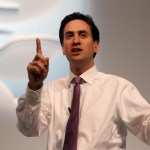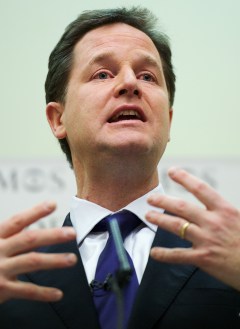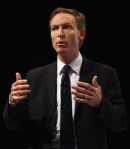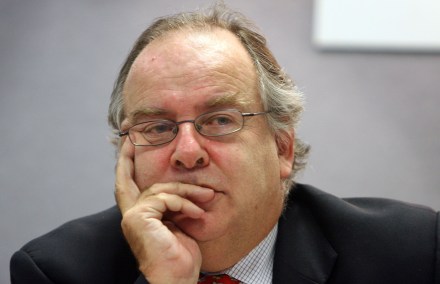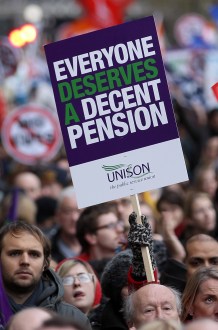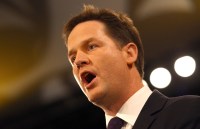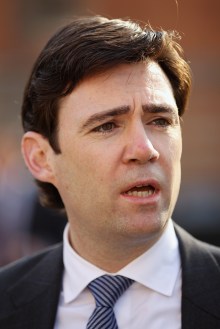The Miliband puzzle
So why did Ed Miliband stop his brother being leader of the Labour Party? As each month of his uninspiring leadership passes, it becomes more of a puzzle. In today’s Guardian interview, we learn that he can solve a Rubik’s Cube in 90 seconds. Perhaps David Miliband took two minutes, leaving Ed to regard him as being intellectually inferior. The rest of the interview shows Ed trying to row back towards positions that David Miliband would have adopted from the offset: trying to claim fiscal responsibility, and credibility. The ‘In the black Labour’ movement is also an attempt to repair the repetitional damage being wreaked by Balls, whose calls for



